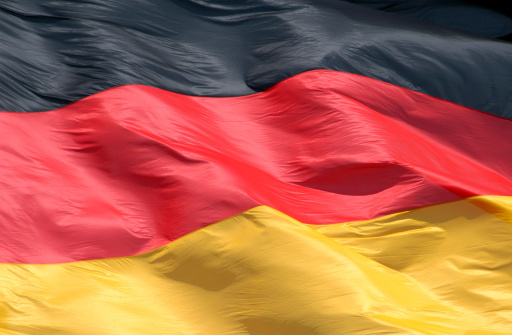China’s economy has slowed to an expansion rate of 7%, a number that many experts believe has been manufactured and actually is weaker. The White House recently downgraded the U.S. 2015 GDP growth rate to 2%. Japan’s growth is so poor that its economy balances near recession. This leaves Germany as the world’s perfect economy, by most important yardsticks. The International Monetary Fund (IMF) recently confirmed that impression.
Germany’s muscle must be particularly vexing to Greece, which has one of the worst economies in the developed world. Germany is viewed by the Greeks as the primary cause of new austerity rules that it has agreed to in exchanged for funding.
The IMF’s recent “consultation” with Germany showed that its economy has no major weaknesses. The consultations involve the IMF sending its staff to a country for conversations with local financial leaders. An IMF report is the result of this work.
ALSO READ: Countries With the Widest Gap Between the Rich and the Poor
The IMF report on Germany, written by its experts on Europe’s largest economy, said:
The ongoing upturn is benefiting from the euro depreciation and lower energy prices, and is underpinned by a healthy fiscal position and sound corporate and household balance sheets. Employment growth has been robust, supported by strong immigration, and the unemployment rate hit another post-reunification low at 4.7 percent. The oil price drop brought inflation temporarily close to zero, which has contributed to lift real wage growth to a twenty-year high. The current account surplus reached a new high in 2014, as the oil and gas trade deficit narrowed. Fiscal policy was mildly contractionary in 2014, and it is expected to turn moderately expansionary in 2015.
The financial sector, which was a primary cause of the recent recession, as well as a sector that still is not entirely healthy in most Western nations, is particularly robust in Germany:
Directors welcomed German banks’ continued strengthening of their capital position following the Single Supervisory Mechanism’s Comprehensive Assessment last year. This is particularly important in view of the multiple challenges facing parts of the banking system such as structurally low profitability, lingering crisis legacies, litigation costs, and the need to adjust business models to the post-crisis regulatory environment. Close cooperation and coordination among the supervisory institutions is key in this context.
ALSO READ: Why Credit Suisse Remains Cautious on China
The consultation will add to the argument that Germany is wealthy enough to help its struggling neighbors. However, it has shown repeatedly that it has no interest, and its population thinks Germany has gone too far already in the direction of giving aid.
Among the things that may help the German economy is that it wants to keep its success to itself.
Get Ready To Retire (Sponsored)
Start by taking a quick retirement quiz from SmartAsset that will match you with up to 3 financial advisors that serve your area and beyond in 5 minutes, or less.
Each advisor has been vetted by SmartAsset and is held to a fiduciary standard to act in your best interests.
Here’s how it works:
1. Answer SmartAsset advisor match quiz
2. Review your pre-screened matches at your leisure. Check out the advisors’ profiles.
3. Speak with advisors at no cost to you. Have an introductory call on the phone or introduction in person and choose whom to work with in the future
Thank you for reading! Have some feedback for us?
Contact the 24/7 Wall St. editorial team.


